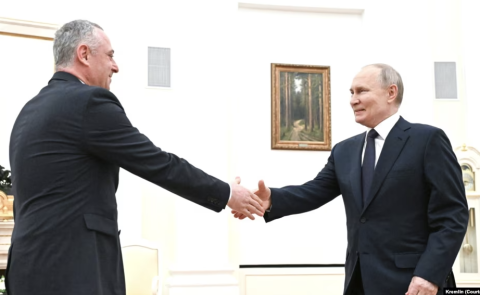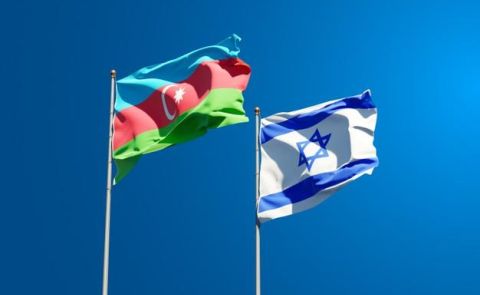
Nagorno-Karabakh: elections despite pandemic and international criticism
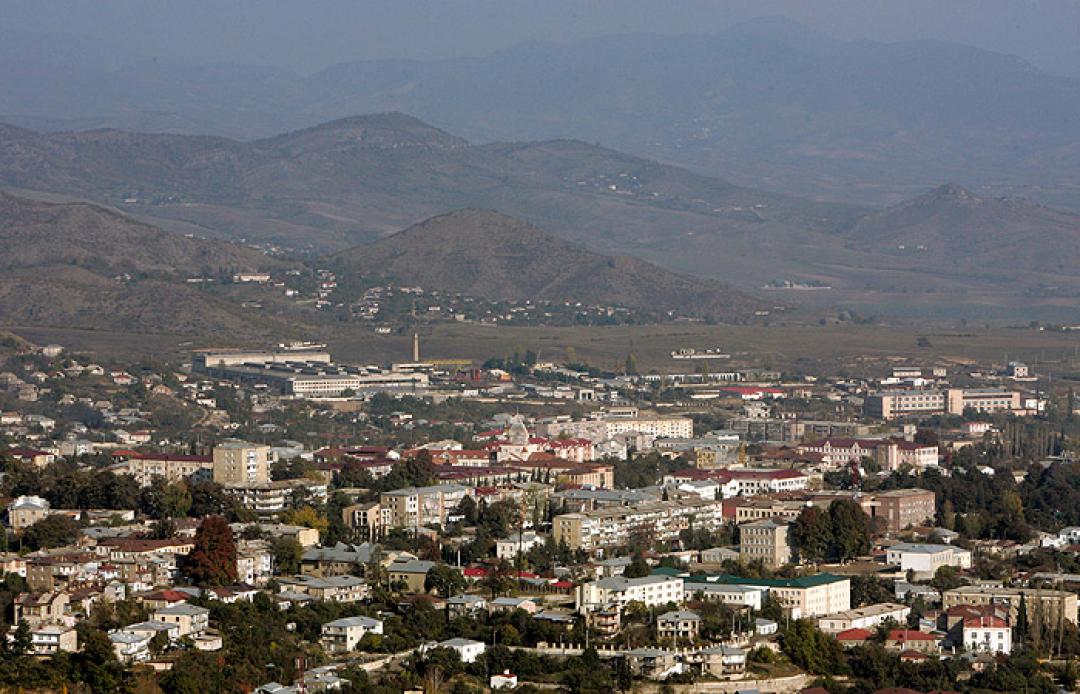
On 31 March, the internationally non-recognized Republic of Nagorno-Karabakh organized elections for the new de facto president and the parliament. Ten parties and two political blocs were running for the country's 33-seat parliament and 14 presidential candidates.
The main contenders for the post of the regions de facto president are the de facto secretary of the National Security Council of Nagorno-Karabakh Vitaly Balasanyan, who is known to be a vocal criticizer of Armenia’s current Prime Minister Nikol Pashinyan (Caucasus Watch reported), current de facto State Minister Arayik Harutyunyan; and the de facto minister of foreign affairs Masis Mayilyan.
There have also been a number of calls to postpone the elections. A small number of opposition figures have been holding a protest demanding that the de facto authorities impose a state of emergency due to the coronavirus pandemic, including putting off the election. It was also reported that both Balasanyan and Mayilyan appealed to the still in office de facto president Bako Sahakyan to postpone the elections due to the concerns of a potential coronavirus outbreak in the region.
According to the de facto Karabakh officials, there were no cases of infected persons in Nagorno-Karabakh, saying that three people who had been isolated on suspicion of having the virus have tested negative for it. “We have held many discussions and [have] come to the logical conclusion that we have all the prerequisites to organize these elections in accordance with the requirements of the Constitution. We conduct regular monitoring within the framework of our interdepartmental committee. That decision was conscious and well-founded,” said Sahakyan.
The elections in Nagorno-Karabakh were condemned by Azerbaijan, by international organizations, as well as neighbouring countries to the two South Caucasus countries. “The illegal regime established by the Republic of Armenia in the occupied territories of Azerbaijan is ultimately nothing other than the product of aggression, ethnic cleansing and racial discrimination; it is under Armenia’s direction and control. The resolution of the Armenia-Azerbaijan Nagorno-Karabakh conflict is possible only on the basis of the sovereignty and territorial integrity of Azerbaijan within its internationally recognized borders. The military occupation of the territory of Azerbaijan does not represent a solution and any attempt to impose fait accompli, including through organizing sham “elections” will never produce a political outcome desired by Armenia, nor will it bring any positive [views towards] this country. Azerbaijan will never reconcile with the occupation of its internationally recognized territories,“ read the statement of Azerbaijan's Ministry of Foreign Affairs in regard to the elections.
The OSCE Minsk Group Co-Chairs (Igor Popov, Stéphane Visconti and Andrew Schofer) also made a comment on the elections. “In the context of a comprehensive settlement of the Nagorno-Karabakh conflict, the Co-Chairs recognize the role of the population of Nagorno-Karabakh in deciding its future in accordance with the principles and elements reiterated in the Co-Chairs’ statement of 9 March 2019. The Co-Chairs note, however, that Nagorno-Karabakh is not recognized as an independent and sovereign state by any of the Co-Chair countries or any other country. Accordingly, the Co-Chairs do not accept the results of these “elections” as affecting the legal status of Nagorno-Karabakh and stress that the results in no way prejudge the final status of Nagorno-Karabakh or the outcome of the ongoing negotiations to bring a lasting and peaceful settlement to the Nagorno-Karabakh conflict,” read the statement.
“The European Union reiterates that it does not recognise the constitutional and legal framework within which they are being held. This event cannot prejudice the determination of the future status of Nagorno-Karabakh or the outcome of the ongoing negotiation process. The EU recalls its firm support to the OSCE Minsk Group and, in particular, to its Co-Chairs’ efforts to bring about progress beyond the status quo and substantive negotiations towards comprehensive and sustainable peace,” said the EU spokesperson Peter Stano.
“With regard to the “general elections” that took place today in Nagorno-Karabakh, NATO does not accept the results of these “elections” as affecting the legal status of Nagorno-Karabakh and stress that the results in no way prejudge the final status of Nagorno-Karabakh or the outcome of the ongoing negotiations to bring a lasting and peaceful settlement to the Nagorno-Karabakh conflict,” wrote on his Facebook profile the Deputy Assistant Secretary General for Political Affairs James Appathurai.
The Iranian authorities warned that Armenia's attempt to hold elections in the occupied Nagorno-Karabakh region would escalate tensions and disputes in the region. “We believe whatever measure that further complicates the path to the settlement of disputes between our two neighboring states, namely the Republic of Azerbaijan and the Republic of Armenia, must be avoided,” said the spokesman of Iran’s MFA Abbas Mousavi.
“Nagorno-Karabakh is Azerbaijan. The Organization for Democracy and Economic Development condemns the so-called elections held on 31 March 2020 in the occupied territories of Azerbaijan by Armenia,” read the statement of the GUAM secretariat which besides Azerbaijan, consists of Georgia, Moldova and Ukraine. Georgia, Ukraine and Italy have also made separate statements describing the "Nagorno-Karabakh elections" as illegal.
See Also


FSB Detains Four Militants from Basayev and Khattab Gang
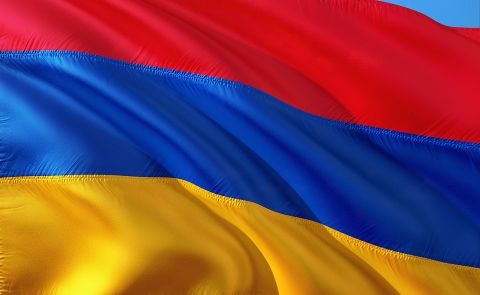
Armenia Caught in East-West Crossfire, US DIA 2025 Report Says
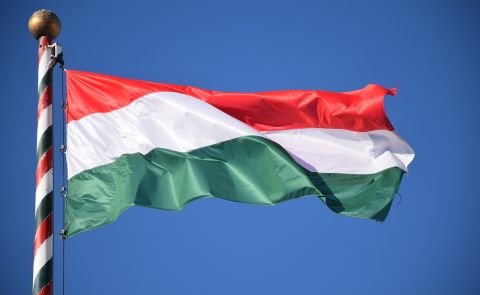
Hungary Insists on Equal EU Funding for Armenia and Azerbaijan
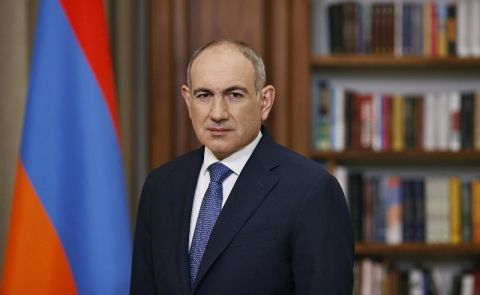
Balanced Diplomacy, Secured Borders: Pashinyan Presents New Era for Armenia on Republic Day
